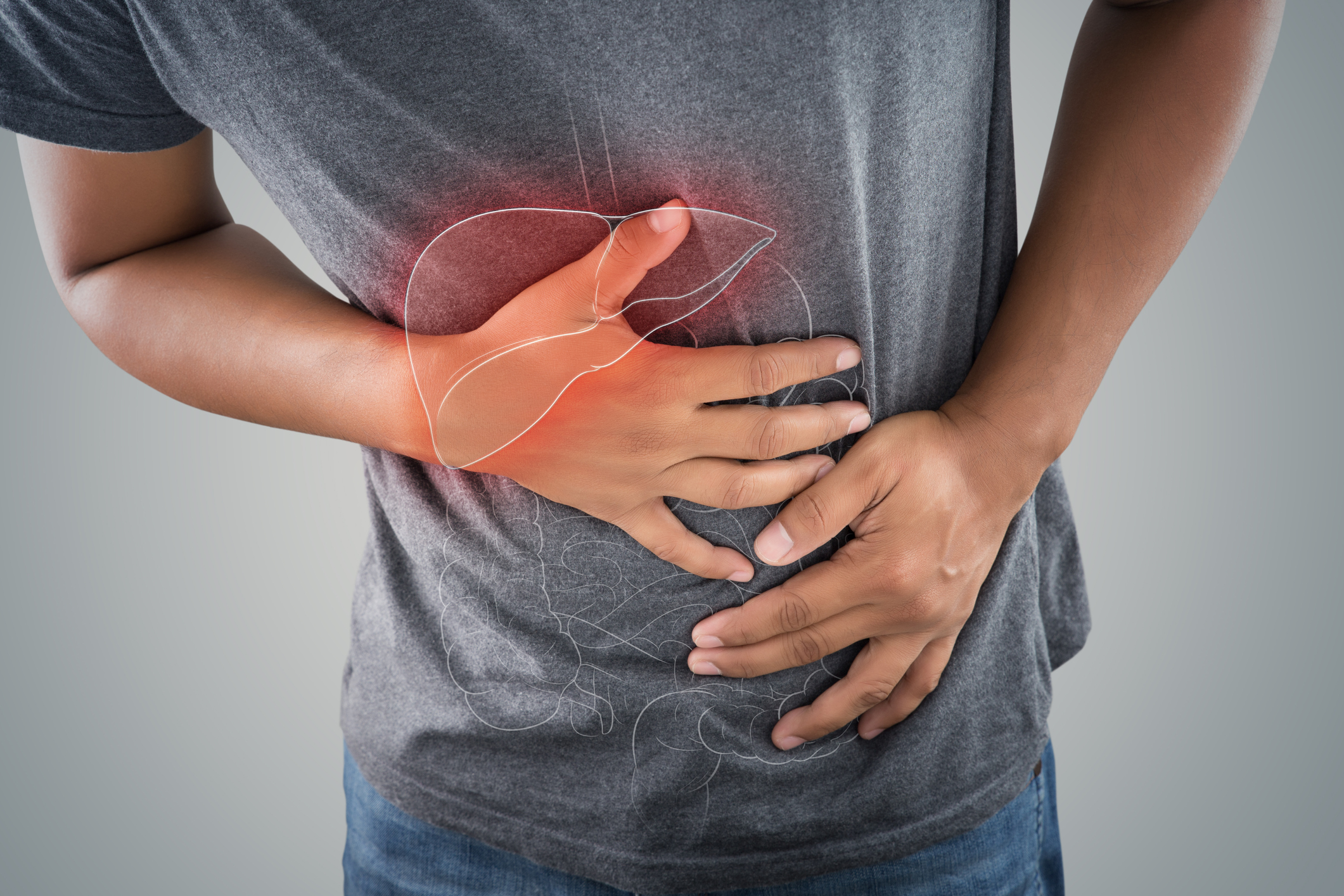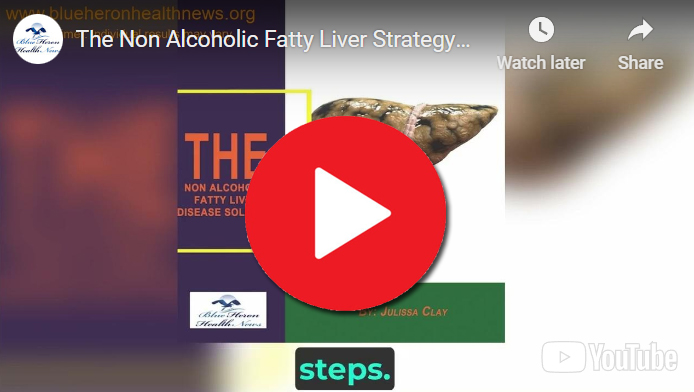
The fatty liver disease diet, also known as a hepatic steatosis diet, is designed to help manage and improve the condition of fatty liver disease. Fatty liver disease occurs when there is an accumulation of fat in the liver cells, and it can be caused by various factors such as obesity, excessive alcohol consumption, insulin resistance, and certain medications.
Here are some dietary recommendations that are often suggested for individuals with fatty liver disease:
- Weight loss: If you are overweight or obese, losing weight is typically a key component of managing fatty liver disease. Gradual and sustainable weight loss is encouraged through a combination of a balanced diet and regular physical activity.
- Balanced diet: Emphasize a well-balanced diet that includes a variety of nutrient-dense foods. Focus on consuming whole grains, fruits, vegetables, lean proteins (such as poultry, fish, tofu), and healthy fats (found in nuts, seeds, avocados, and olive oil). Limit the intake of processed foods, sugary beverages, refined carbohydrates, and saturated fats.
- Portion control: Be mindful of portion sizes to prevent overeating and excessive calorie consumption. It can be helpful to use smaller plates and bowls to manage portion sizes effectively.
- Limit alcohol: If you have alcoholic fatty liver disease, it is crucial to avoid or limit alcohol consumption as advised by your healthcare provider. Alcohol can worsen the condition and lead to further liver damage.
- Reduce added sugars: Minimize your intake of added sugars, such as those found in sodas, candies, pastries, and sweetened beverages. These contribute to increased calorie intake and may exacerbate fatty liver disease.
- Avoid or limit processed foods: Processed foods often contain high levels of unhealthy fats, added sugars, and salt. These can contribute to weight gain and inflammation, which can worsen fatty liver disease.
- Be cautious with dietary fats: While healthy fats are beneficial, excessive intake of fats, especially saturated and trans fats, can be harmful. Limit consumption of fried foods, fatty cuts of meat, full-fat dairy products, and commercially baked goods.
- Stay hydrated: Drink an adequate amount of water daily to support overall health and promote optimal liver function.
It’s important to note that these recommendations are general guidelines. It’s always advisable to consult with a healthcare professional or a registered dietitian who can provide personalized dietary advice based on your specific condition and needs.
See More on Video

The Non Alcoholic Fatty Liver Strategy™ By Julissa Clay The program provided in this eBook is very reasonable and realistic as it neither restricts your diet miserably so that you cannot stick to the changes in diet suggested in it nor wants you to do intense exercises for many hours every week.